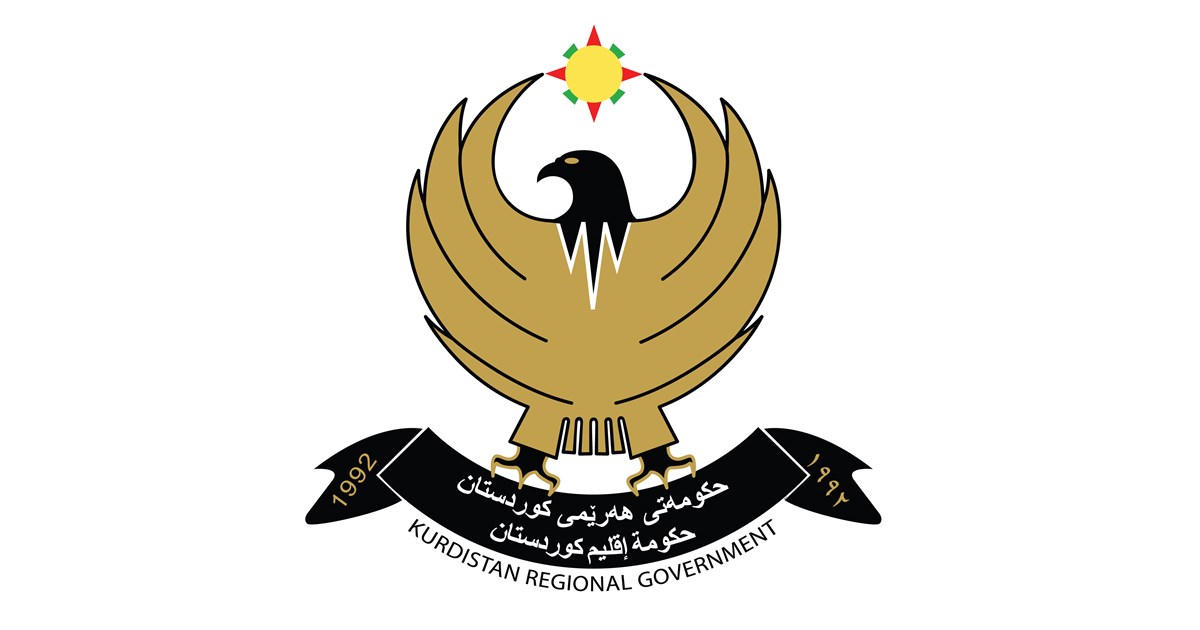Statement by the KRG Office of Coordinator for International Advocacy on the UK government's report about human rights and democracy

On 13 July 2023, the UK government issued its annual Foreign, Commonwealth & Development Office (FCDO) report on global human rights and democracy, including specific sections on Federal Iraq and the Kurdistan Region of Iraq (KRI). The Office of the Coordinator for International Advocacy (OCIA), utilising its governmental network, has carefully reviewed particular remarks directed at the KRG authorities. These remarks warrant deliberate consideration and comprehensive scrutiny.
The FCDO report explores a wide array of subjects, from women's rights and the rights of ethnic minorities to press freedom and freedom of movement.
The report assesses the status of fair trials and procedural safeguards in the KRI and Iraq. The KRG, upholding impartiality, affirms an independent, free judicial system. In the Kurdistan Region, the judiciary supervises security services that investigate crimes and facilitate justice. An independent, impartial Public Prosecutor's Office (PPO) ensures the application of law and monitors all state agencies' legality with transparency and independence.
The KRG authorities reiterate that arrests have only occurred with proper warrants, demonstrating their commitment to due process. Moreover, the KRG has implemented robust actions to safeguard rights for peaceful protest, while deeply respecting journalistic freedom from any infringement.
To enhance citizen access to information from both public and private institutions and promote transparency, the Kurdistan Region's Parliament enacted the Access to Information Law No 11 (2013). Recent dialogues aim to align the law with contemporary realities and international standards, alongside global treaties and conventions. Regardless, journalists and media outlets retain the right to request and access public data.
Regarding women's rights, the report notes violations against women and instances of honour killings in the KRI. The KRG categorises honour-killing as an inexcusable crime. The Kurdistan Parliament's Law No 3 (2015) suspends the provisions of Art 40 of the Iraqi Penal Code, which allowed for reduced penalties in cases of honour-related killings. Contrary to federal legislations, the KRI laws define honour-killings as premeditated murder, with heavy punitive measures, including life sentences, for perpetrators.
The KRG welcomes feedback from our international counterparts, demonstrating critical democratic values and embodying good governance. The KRG recognises the UK's continuous support, particularly its recent efforts in improving the competence and capacity of judges and prosecutors within the Regional Action Plan for Human Rights (2021-2025). KRG counterparts anticipate further constructive, bilateral engagement, mindful of their citizens' challenges, stability, and security.
